
I think the fear for most people when switching to a more eco-conscious treat are the snarls you'll get from the kiddos asking to smell their feet. If you are a house not serving name brand sweets you might get labeled as the house that hands-out apples and pennies or worse yet...egged or TP'd!. The good news is, you can be healthy and still be cool. The wrapper may not say M&M or Snickers but the packaging is still fun and festive. And if chocolate is anything like organic vegetables which tastes better than conventional, then environmentally friendly treats will taste better too. One bite and these happy snacks won't be the last in the Halloween sack to be eaten. For a list of what ecological options exist, check out these two sites: EcoFabulous and the Mother Nature Network. From chocolate eyeballs and gummy worms to organic rice-krispy treats and peanut butter poppers, kids will be ringing your door bell all night.
I'm not here to argue that candy is better for you if organic. It's still sugar and can rot your teeth. It's more a matter of supporting companies that are planetary-minded and source good ingredients rather than the industrial food complex. Unfortunately, some of the organic brands are owned by these big agri-businesses. We either need to be happy these options exist or research further to see which companies are the greenest. Here is a great map to let you know who owns what organic brands, click here. When it comes to the traditional candy aisle, however, it is better to use a rule of thumb when making a selection rather than scrutinizing over the difference between Hershey's, Mar's and Nestle. Look at the ingredients and avoid the big three...high fructose corn syrup, partially hydrogenated oils and palm oil. Food products containing palm oil contribute to the clear-cutting of rainforests for unsustainable palm tree plantations. These practices release loads of carbon dioxide into the air and destroy critical habitat for animals like the orangutan.
Not to make the villains in this story look good but I was reading an article in Fortune Magazine about the positive initiatives of Cargill, the seed trading mega-corporation. Their business strategy is largely responsible for the broken food system of today. But to their credit, in effort to find new cocoa producers, they have partnered with Mar's Co. to help revitalize farmers in some of the most depressed places in the world like Vietnam. One of the profiles described the rags to riches story of one farmer, Trinh Van Thanh. One one hand, I was happy for this father of three but on the other, it sounded like he had become a mini-me of his corporate sponsor no longer falling victim to hunger but to greed. It spoke nothing of the farming practices they were pushing upon these new partners. Most likely, it is one addicted to a chemical regimen of fertilizers and pesticides. Will it be another boom town? Have these growers been sold a bill of goods that will fail in five years and leave them struggling? Time will tell.

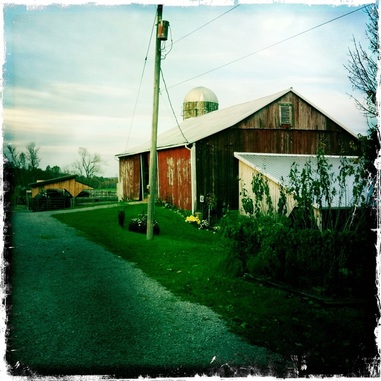
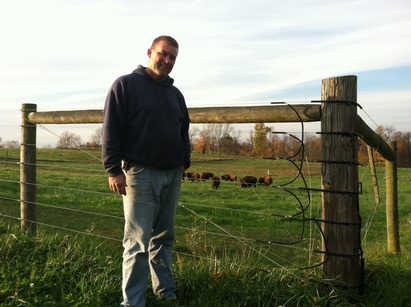
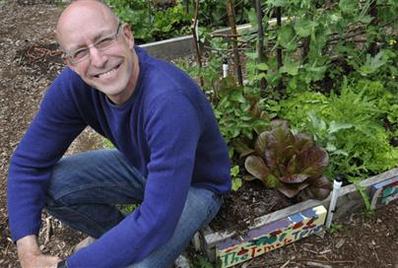


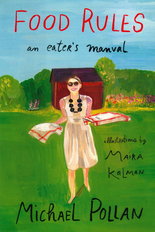
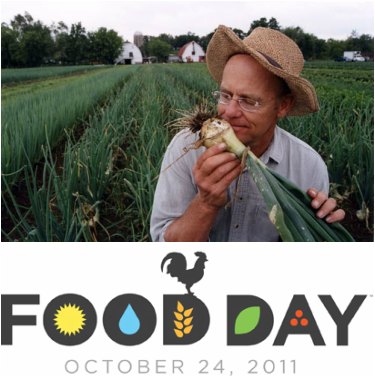
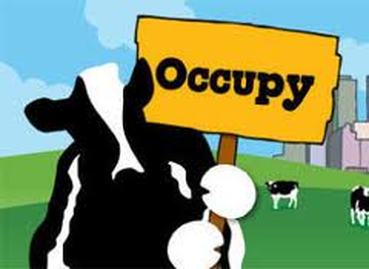
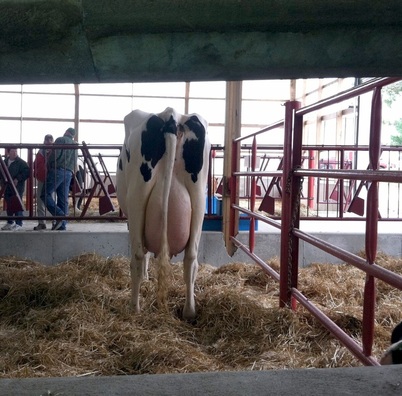
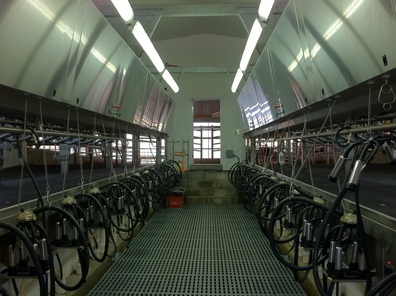
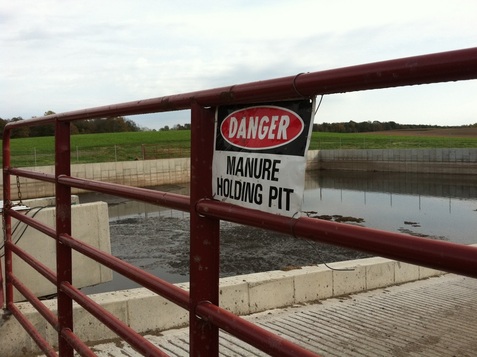
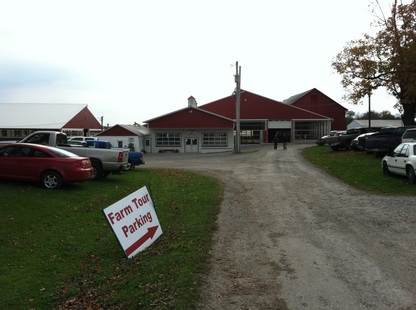
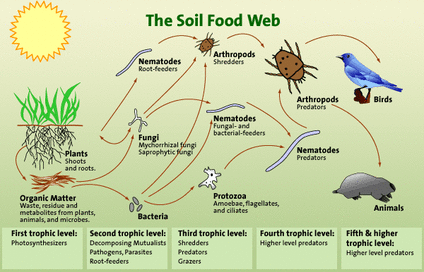
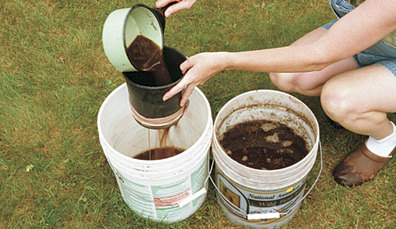

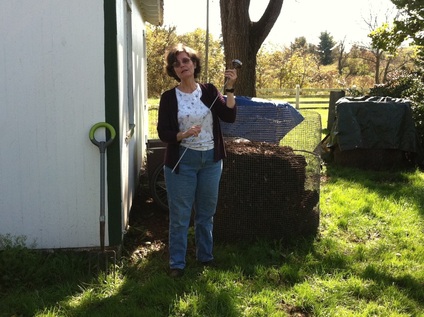
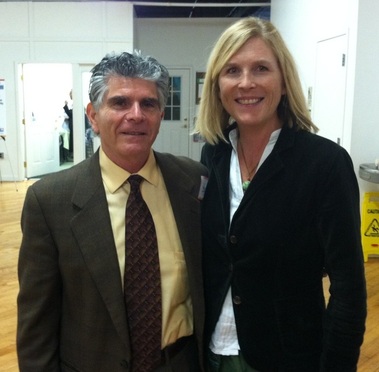
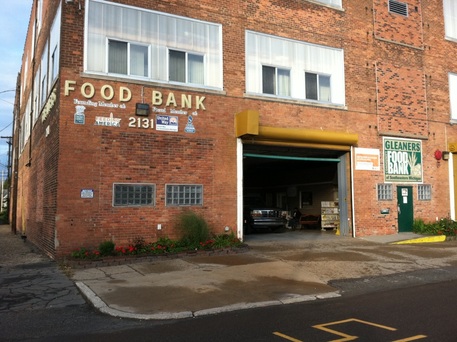
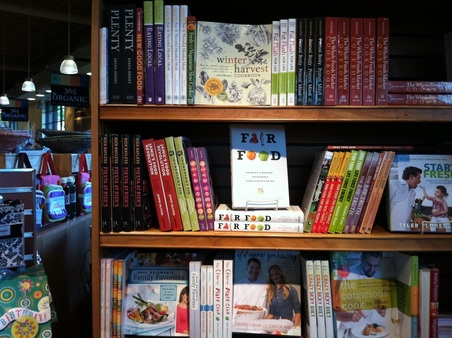

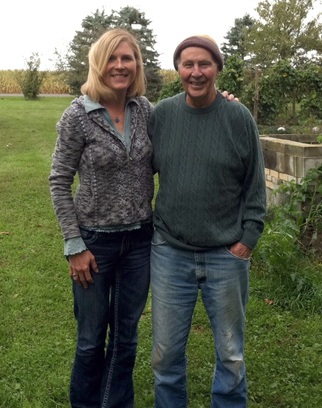
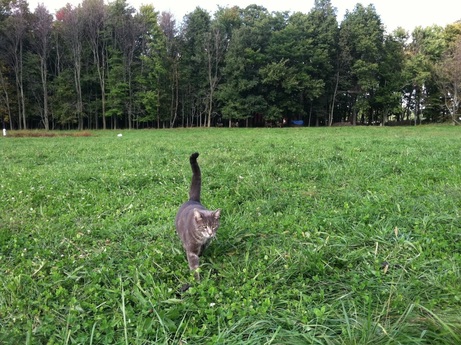
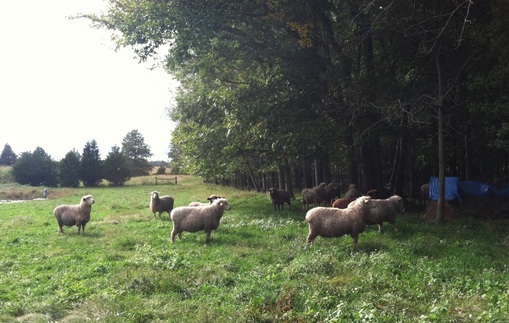

 RSS Feed
RSS Feed
